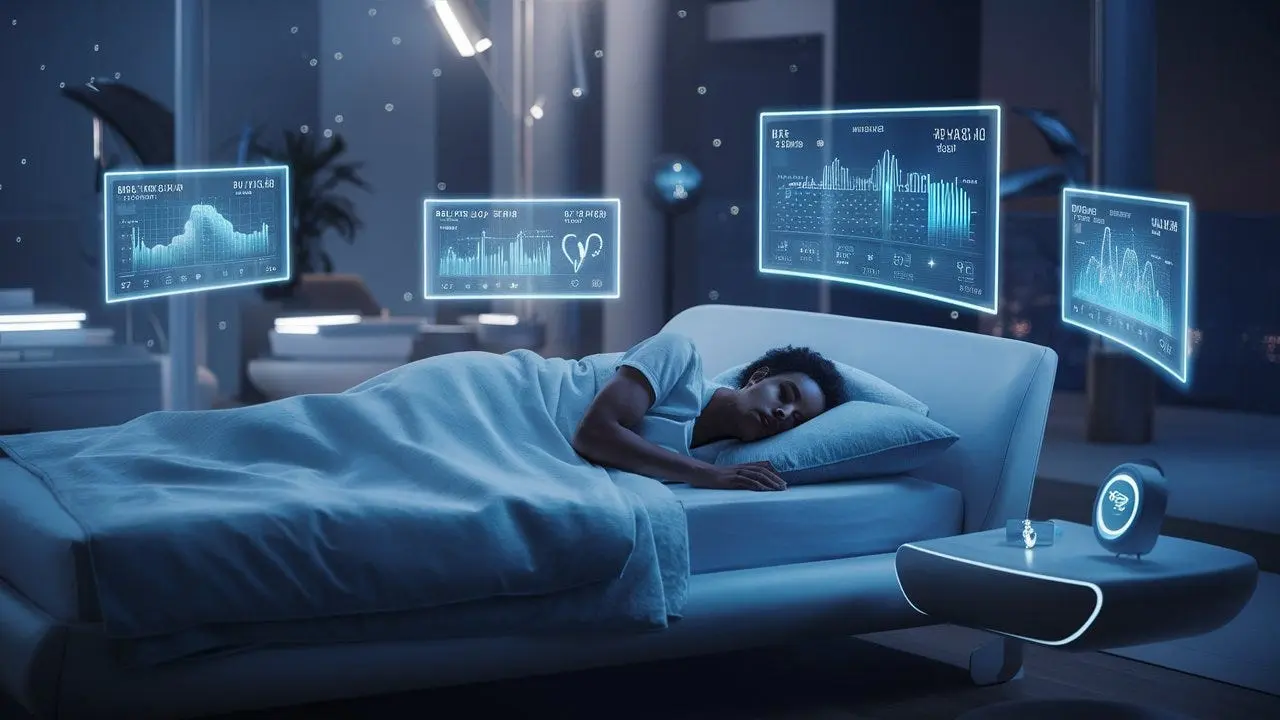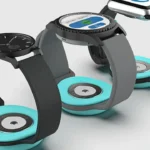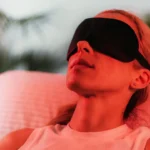Table of Contents
The Future of Sleep Tech is no longer just about comfort—it’s about revolutionizing how we understand, track, and optimize our rest. From AI-powered smart mattresses to wearable sleep trackers that sync with your body rhythms, sleep technology is now one of the most promising segments of the health and wellness industry. For the younger generation navigating busy lives, high stress, and digital overload, sleep tech offers not just better rest but smarter living.
✨ What is the future of sleep tech?
The future of sleep tech lies in intelligent, personalized solutions like smart mattresses and wearables that use biometric data, AI algorithms, and Internet of Things (IoT) integration to improve sleep quality, track health, and enhance overall wellness. These devices go beyond tracking to actively optimize your sleep environment and patterns.
Smart Mattresses: A Bed That Thinks
Smart mattresses have evolved far beyond firmness adjustments. Here’s how:
Key Features of Smart Mattresses 🔹
- Real-time sleep tracking via embedded sensors
- Automatic temperature regulation for sleep stages
- Snoring detection and intervention (e.g., repositioning)
- Sleep coaching through connected apps
- Adjustable firmness and support zones
Pros ✅
- No wearable required while sleeping
- Full-body data collection
- Seamless comfort + tracking combo
- Couples’ individualized settings
Cons ❌
- Expensive (starting from $1,000+)
- Less portable and not ideal for travel
- Limited if you sleep away from home often
Related post: [Are Bamboo Toothbrushes Really Better? A Dentist’s Take]
Wearables: Sleep Tracking On the Go
Wearables are dominating the health-tech space with sleek, stylish gadgets that do more than just tell time.
Popular Wearables for Sleep
- Oura Ring
- Fitbit Sense / Charge
- Apple Watch Series
- Whoop Strap
Key Features 🌟
- Tracks heart rate, HRV, blood oxygen, REM cycles
- Lightweight and comfortable for 24/7 use
- Offers recovery and wellness insights
- Syncs with apps for long-term analytics
Pros ✅
- Portable and ideal for travel
- Multi-use (fitness, stress, recovery)
- Affordable entry-level options available
- Real-time feedback on mobile
Cons ❌
- May be uncomfortable for light sleepers
- Needs charging frequently
- Data may be less comprehensive than mattress-based sensors
Read also: [How to Build a Non-Toxic Skincare Routine in 2025]
Smart Mattresses vs. Wearables: A Comparative Table 📈
| Feature | Smart Mattresses | Wearables |
|---|---|---|
| Sleep Tracking Accuracy | High (full body sensors) | Moderate to High |
| Portability | Low | High |
| Price Range | $$$ (Expensive) | $ to $$ (Budget to Mid) |
| Temperature Control | Yes | No |
| Personalized Insights | Yes | Yes |
| Maintenance/Charging | Low | Frequent |
| Couples Use | Yes | No |
| Comfort | Seamless | Can feel intrusive |
The Future of Sleep Tech: Personalization Through AI & Biometrics
Smart sleep tech is moving beyond tracking toward intervention and optimization. Here’s what to expect:
AI-Driven Insights 🤖
- AI learns your habits, suggests bedtime routines
- Predictive analysis for sleep disruptions
Biometrics & Health Monitoring 📊
- Continuous HRV, blood oxygen, and stress data
- Early detection of sleep apnea and other disorders
IoT & Smart Home Integration 🏠
- Smart alarms synced with sleep cycles
- Room lighting, noise, and temperature auto-adjusted
Related post: [Sustainable Fitness Gear: 10 Must-Have Eco-Conscious Workout Essentials Gen X Will Love]
Gen Z and Millennials: The New Sleep Tech Adopters
For younger generations, sleep is no longer a passive activity—it’s a performance metric.
Why the Young Generation Loves Sleep Tech 🚀
- Data-driven lifestyle appeals to digital natives
- Mental health focus encourages better sleep habits
- Preference for mobile apps and instant feedback
- Integration with wellness routines like meditation, breathwork
Best Sleep Tech for Students & Young Professionals
- Budget wearables for tracking sleep/study balance
- Smart pillows with sleep sounds and wakeup triggers
- Blue light filters + sleep coaching apps
Is There a Winner? Smart Mattress or Wearable?
It depends on your lifestyle:
- Choose smart mattresses if: you value in-depth, passive tracking with built-in comfort.
- Choose wearables if: you’re always on the go and need multi-functional health tools.
For some, combining both gives the most complete sleep picture.
Conclusion
The Future of Sleep Tech is about empowerment, not just rest. Smart mattresses and wearables are giving people control over their sleep in ways never imagined before. For the tech-savvy generation, it’s not just about sleeping more—it’s about sleeping smarter.
Whether you’re a student managing a tight schedule or a professional looking to boost productivity through better rest, investing in sleep tech might be your smartest move of 2025.
Which is more accurate: a smart mattress or a wearable?
Smart mattresses usually provide more accurate data due to their multiple embedded sensors covering the full body.
Are smart mattresses worth the high cost?
Yes, if you value long-term health benefits and hands-free monitoring. The cost often pays off in wellness gains.
Can I use both a smart mattress and a wearable together?
Absolutely. Many users combine both for the most comprehensive sleep tracking and optimization.
Is sleep tech safe for daily use?
Yes, most smart mattresses and wearables comply with safety standards and use low-energy sensors.
Do wearables help with sleep disorders?
Some wearables offer early warning signs or trends that may indicate disorders like sleep apnea, but consult a medical professional for diagnosis.







1 thought on “The Future of Sleep Tech: Smart Mattresses vs. Wearables”